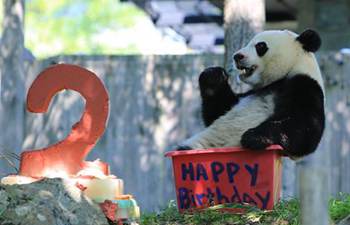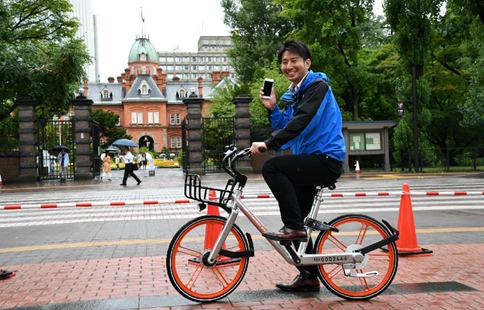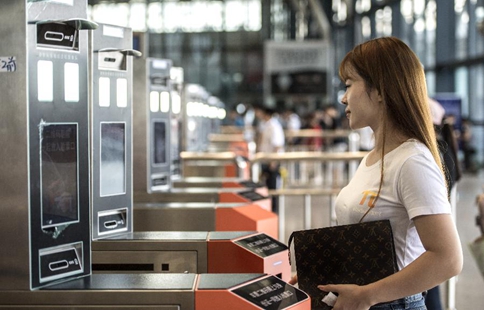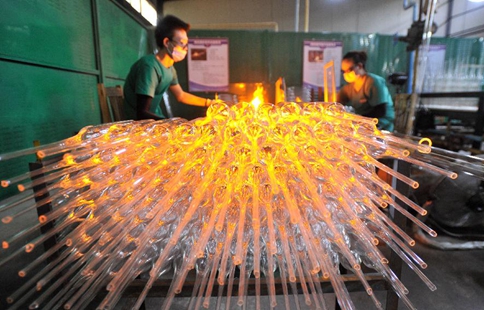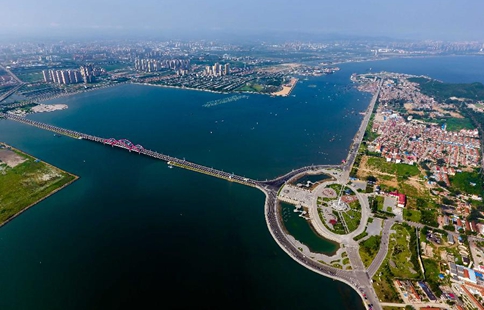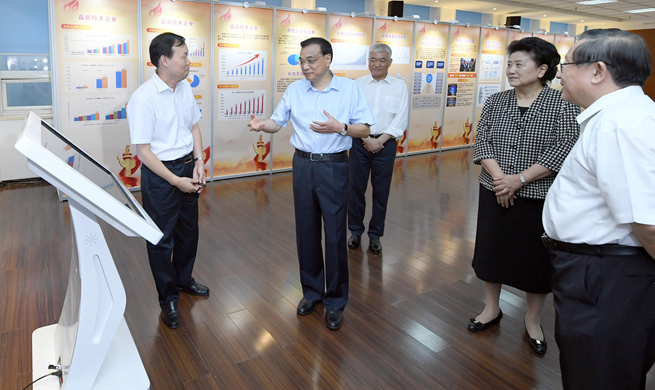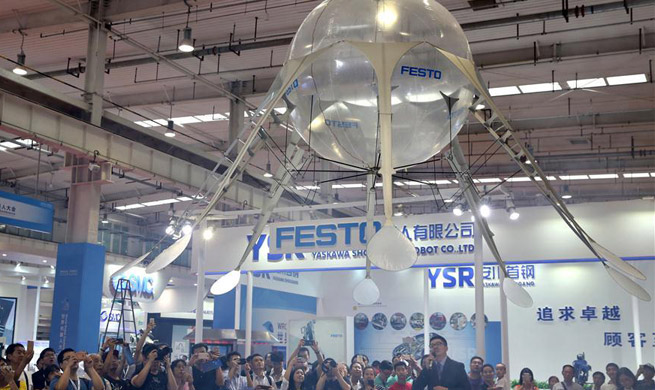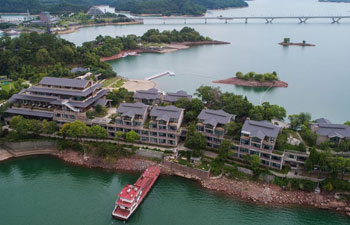by Xinhua writers Xia Yuanyi, Wang Bo
RIYADH, Aug. 23 (Xinhua) -- The Chinese Embassy in Saudi Arabia is often a hub of activity with diplomatic missions and events, evidence of ties warming up between the two countries, said Li Huaxin, Chinese Ambassador to Saudi Arabia.
"In January, 2016, President Xi (Jinping) visited Saudi Arabia and announced the lifting of bilateral ties to a comprehensive strategic partnership in a joint communique with Saudi King Salman bin Abdulaziz Al Saud. From then on, our relations have quickly developed," the ambassador said in a recent interview with Xinhua.
The West Asian country has been China's top crude oil supplier for many years straight. Meanwhile, the latter is the former's biggest business partner, with bilateral trade reaching 42.36 billion U.S. dollars in 2016, according to Chinese official figures.
After more than 140 Chinese enterprises began tapping Saudi Arabia's markets, including in the energy, housing, construction and telecommunication industries, the "1+2+3" model has taken shape, said Li.
Specifically, the model refers to the energy industry as the core of business ties, with two supporting industries, namely infrastructure, and trade and investment, and three emerging, cutting-edge trade areas, mainly nuclear power, aerospace and renewable energy rounding out the center.
The ambassador also said that in the four years since the Belt and Road Initiative was put forward by China in 2013, Saudi Arabia has emerged as an important player along its route.
"The two partners bilaterally cooperate not only on economic and trade, but also on culture and education," Li said.
In 2013, Saudi Arabia hosted the Janadriyah Heritage Festival at the Janadriyah town, 45 miles (72.4 km) away from the capital Riyadh, in which China, as that year's "guest of honor," exhibited more than 30 traditional arts and 600-plus exquisite articles, attracting a sea of local residents.
Three years later, an exhibition titled "The Arab Road" displaying Saudi Arab's cultural relics was held at the National Museum of China, with 466 pieces of treasures on show, among which were several "Made-in-China" ceramics, tokens of the once bustling ancient Silk Road.
In March, King Salman attended the opening ceremony of the Peking University Branch of the King Abdul-Aziz Public Library during his state visit to China. The following month, China displayed some of its intangible cultural heritage in Saudi Arabia.
"The next step for the two great civilizations is to organize a Chinese Cultural Week together in Riyadh and Jeddah to promote mutual understanding through more performances and exchange visits," the ambassador said.
He added that in a bid to facilitate some young people in Saudi Arabia to learn the Chinese language and culture, the China National Office for Teaching Chinese as a Foreign Language is in talks with King Saud University about offering Chinese language classes. The university is the largest in the country.
Li says the first team of Chinese teachers will soon come to Saudi Arabia as cultural go-betweens.
"Because top leaders from both sides value bilateral ties and we are facing significant historical opportunities for development, bilateral cooperation will only go further," Li said, adding "both peoples will benefit from this progress."




